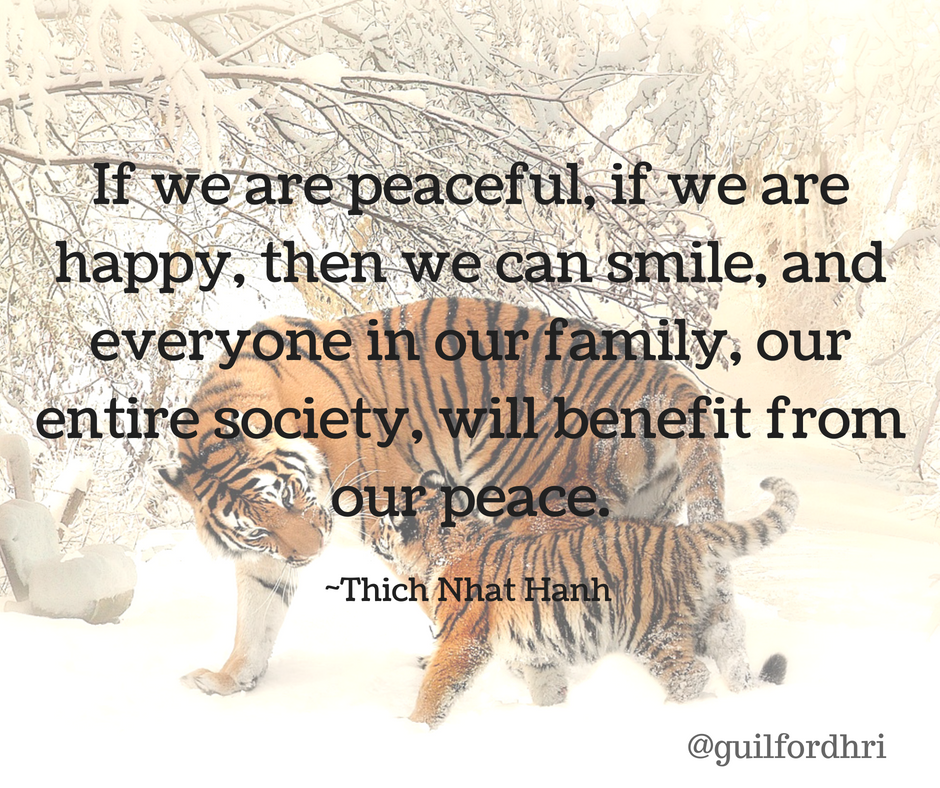
You and Me Versus the Problem
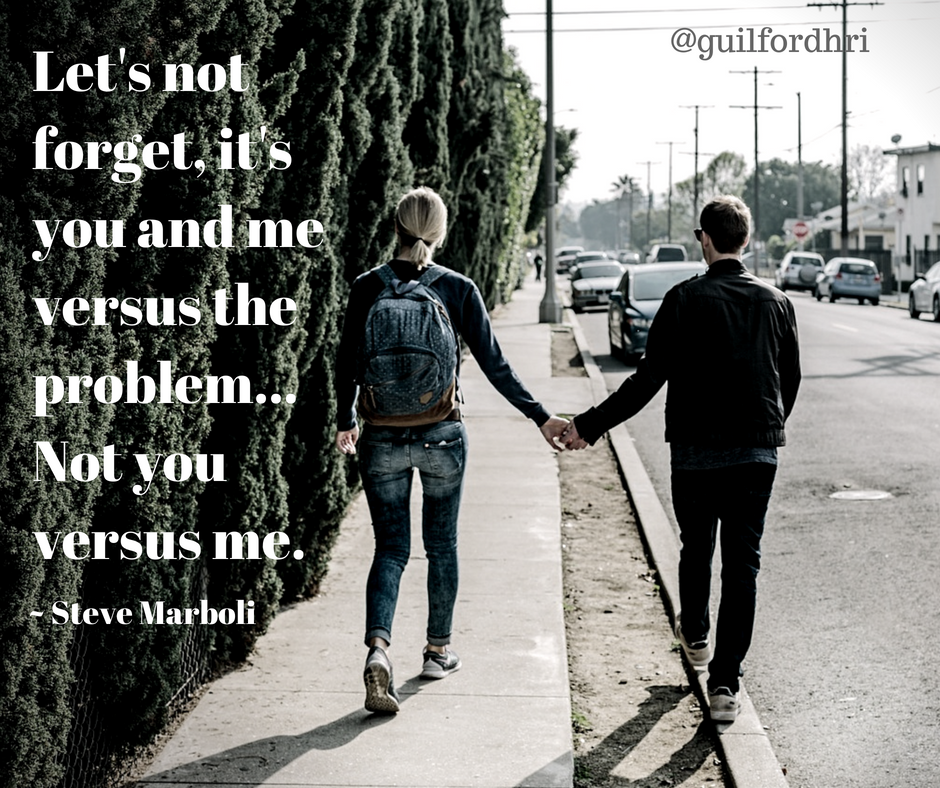
The Energy of Spiritual Partnership
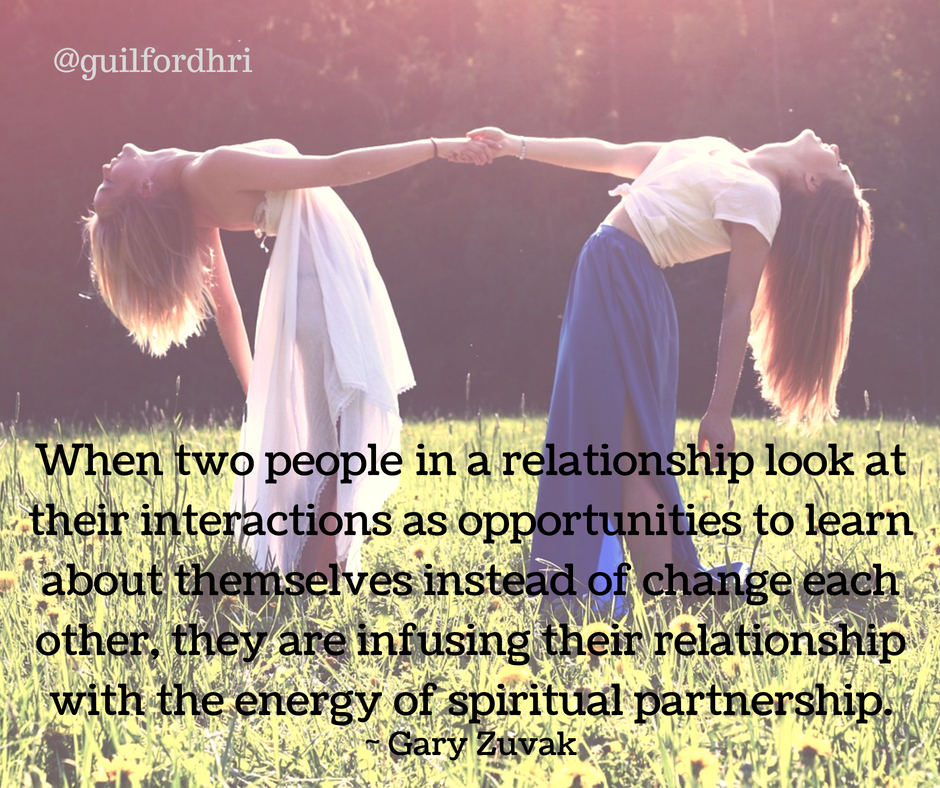
No Love Without Forgiveness
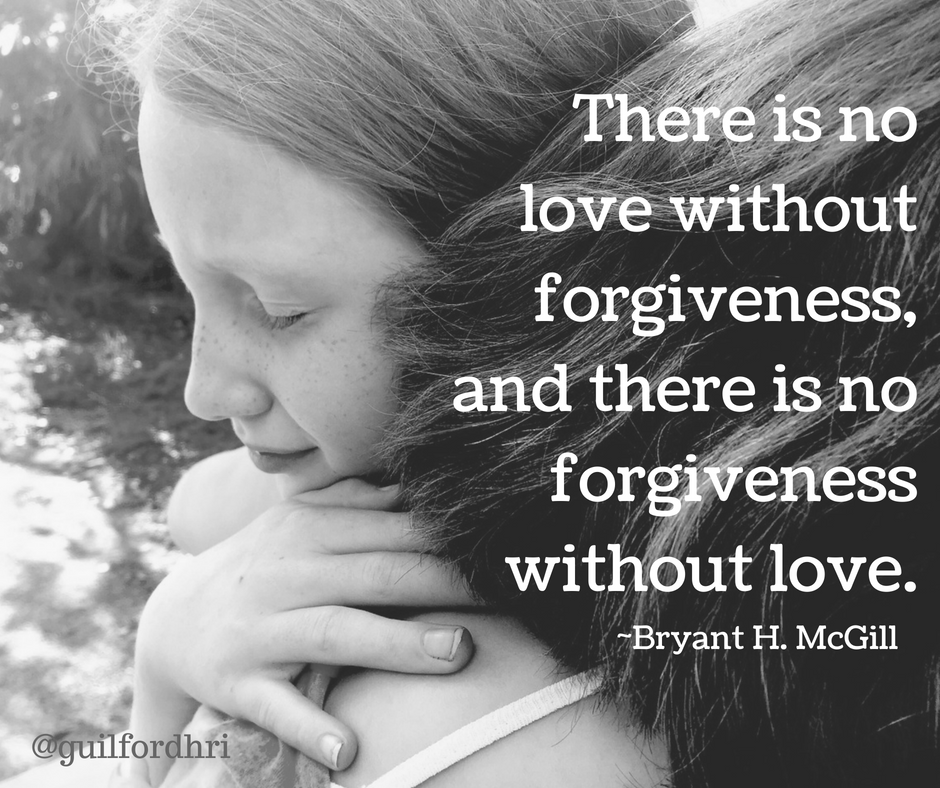
Forgiving Yourself

Self-forgiveness is an essential part of emotional healing and leads to stronger, healthier relationships. Its normal to feel bad about and regret doing something that harms someone else; however, it isn’t healthy to continue to dwell on these actions. When we hold onto feelings of self-judgement and blame, we tap into the shame we may be feeling because of things in our past we are not proud of. Though shame isn’t always bad, when we constantly carry it with us, it can lower our self-esteem and keep us from experiencing joy and happiness.
Self-forgiveness allows us to let go of negative self-judgements, self-blame, and overwhelming shame. When we practice self-forgiveness, we create space within ourselves to grow and change, leading to healthier relationships and a more fulfilling life.
Forgiving ourselves can be challenging, especially when we have hurt the people we care for most, but there is hope! Here are some important ideas and steps to keep in mind when embarking on your own journey to self-forgiveness:
You are not alone. Everyone has harmed someone in some way or done something they are ashamed of; it is part of the human condition. We all make mistakes and deserve to give ourselves compassion and grace. Remember, when we falter or fail, we often learn the most important lessons and experience exponential growth.
Practice mindfulness. When we experience shame and self-blame, we often time travel into the past and relive the moments we regret, preventing us from focusing on the present. As you work towards self-forgiveness, we encourage you to practice mindfulness and work on connecting to the present. By staying in the present, you can focus on self-understanding, self-compassion, and and work towards becoming your best self.
Apologize & make amends. An apology can be a powerful tool of healing for both the person who is apologizing and for the person they hurt. When we take responsibility for our actions and express sincere remorse for hurting someone, it communicates that we value them and our relationship together. Not only do apologies help those who have been harmed feel respected and cared for, but they also foster a sense of self-respect and self-compassion for those who are giving the apology.
As we wrap-up our series on forgiveness, we encourage you to keep the information we have shared over the past week in mind as you continue to work on strengthening your relationships!
When It’s Hard to Forgive
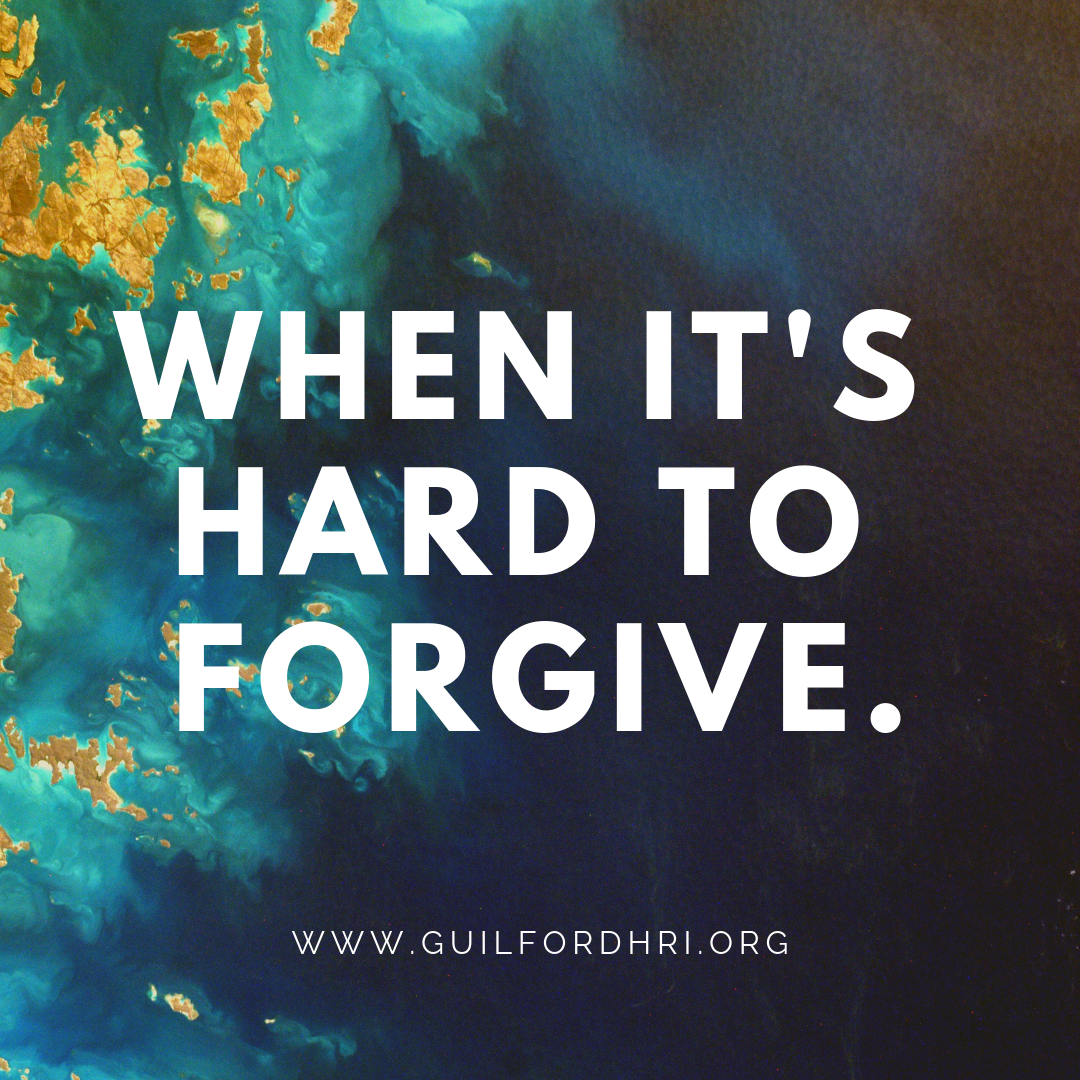
Forgiving someone after they have hurt you can be challenging, especially if it is someone you are really close to. However, when we find it difficult to forgive someone, it is helpful to remember that forgiveness is important for our own healing. Forgiveness does not mean that you are forgetting what happened, minimizing your pain and suffering, or excusing someone’s behavior. Forgiveness frees us from anger and resentment and helps us find peace and happiness within ourselves.
Though forgiveness is an important part of healing and self-growth, know that it is okay to give yourself time to work through your emotions and process what happened. Forgiveness happens at your own pace. You may need more time to fully feel and express your anger and pain before you are ready to start working toward forgiveness.
How Do I Ask for Forgiveness?

Forgiveness is a complex and challenging process with many wonderful rewards and opportunities for growth. In today’s blog, we will be breaking down the forgiveness process into simpler, more concrete steps, with the goal of increasing your understanding and ability to forgive yourself and others more readily and easily.
Acceptance and self-awareness. The first part of the forgiveness process is being aware of when you need to ask for forgiveness and accepting that you have done and/or said something to hurt another person. When you understand the impact your actions and/or words had on the other person, you can take responsibility for what you have done and take the steps necessary to work toward repairing the relationship.
Apologize & ask for forgiveness. After you are aware of when you need to ask for forgiveness and are ready to take responsibility for your actions, the next step is to apologize to the person you hurt. Before you apologize, it is a good idea to reflect and think about what you want to say. If you are having a hard time thinking of how to express what you want to communicate, it might be helpful to write down your apology beforehand. When you apologize, it is important to be honest, sincere, and empathetic. Be sure to clearly express what you are sorry for, take responsibility for your actions, don’t make excuses, and communicate that you understand and are remorseful for the harm your actions have caused. Another important part of apologizing is to express sincere intentions to do your best to avoid making the same mistake in the future. Once you have apologized, ask for forgiveness.
Don’t get defensive. After you apologize and ask for forgiveness, let them respond to you without getting defensive. They may need to express the impact your actions had on them. If this is the case, give them the space to do so, but know that, if they begin to attack you, you have the right to ask them to stop and walk away.
Be willing to give them time and space. After you apologize to someone, they made not be ready to forgive you right away. They may need time and space to process their feelings before they are ready to move forward.
Show your commitment to rebuilding the relationship. After you apologize and ask for forgiveness, be proactive about avoiding the same mistakes you made before. Show that you can be trusted through your actions, but remember that you don’t deserve to have your past mistakes held over you.
6/15/19: Keeping Relationships Strong through Life’s Challenging Times (Couple Relationship Workshop

Why Forgive?
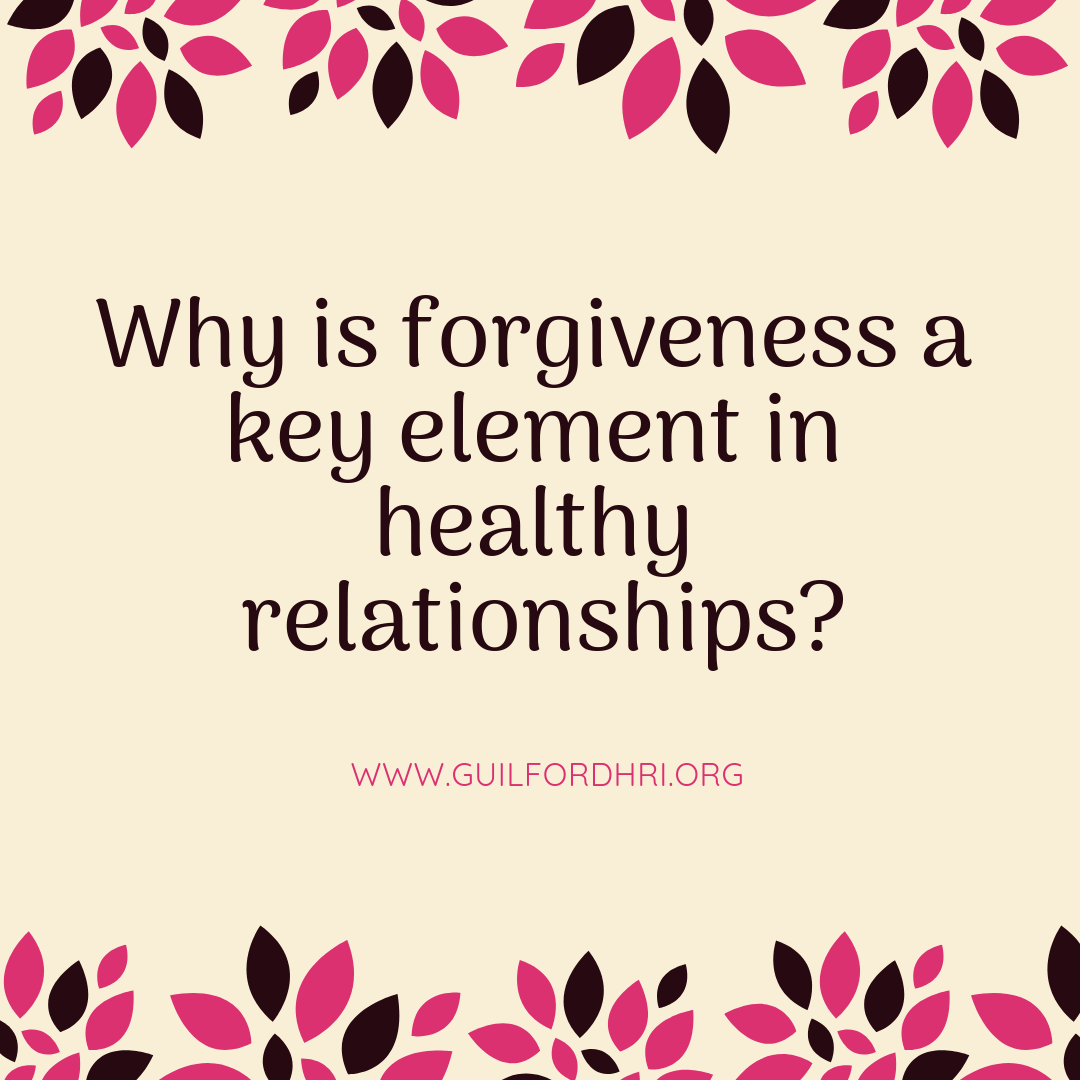
Forgiveness is a key component in building healthy, fulfilling, and lasting relationships of all kinds. No one is perfect, and we will all make mistakes in our relationships and hurt the people we love. However, through forgiveness, we can pave the way to increased vulnerability and intimacy, look for the positive parts of one another, let go of resentment, and look toward the future.
Not only does forgiveness have many relationship benefits, but it can also help us feel more satisfied with who we are and how we show up in the world. By working toward forgiveness, we can deepen the compassion and understanding in our relationships. Seeking forgiveness when we have hurt someone we care about can help us become more empathetic and attuned with the way in which our actions affect others. Similarly, when we work towards forgiving someone who hurt us, we can challenge ourselves to maintain an attitude of openness, while striving to let go of past feelings of resentment and anger. This can help us be more aware of how we interact with the people in our lives, build a foundation for strongher, healthier relationships, and lead us to live more intentionally and compassionately.
What is Forgiveness?

Forgiveness is complex and growth-fostering. At times, it can be a challenging process, yet it is also extremely freeing and leads to more satisfying and joyful relationships. Though forgiveness is unique to each person and their experiences, there are also many overarching themes and general components that can be applied more universally, which we will be covering in today’s blog.
We know that forgiveness is important and can help us lead better, more fulfilling lives, but what exactly is it? Forgiveness is a willingness to let go of resentment and move to a place of openness and understanding. It is the ability to accept the past for what it was and stay in the present moment instead of responding to or interacting with someone through a lens of past anger or frustration. Most importantly, forgiveness happens internally. Forgiveness happens when we acknowledge that our pain is significant, we have been impacted and/or changed by what happened, and we are willing to move past the pain and suffering we have experienced. When we no longer allow our pain and/or feelings of anger and resentment to consume us, we can experience healing, peace, and freedom.
Now that we have a better understanding of what forgiveness is, it’s also important to talk about what it isn’t. Forgiveness is not forgetting what happened or going back to the way things were before we were hurt. It is not denying our pain or excusing someone’s behaviors/actions. Forgiveness allows us to move forward and can potentially repair relationships; however, it does not require that we reconcile with those who hurt us or re-enter into harmful or toxic relationships.
We hope you have a better understanding of what forgiveness is after reading this, and we encourage you to stay tuned for more helpful information about why forgiveness is important in healthy relationships, how to ask for forgiveness, and how to navigate situations where it is hard to forgive.
